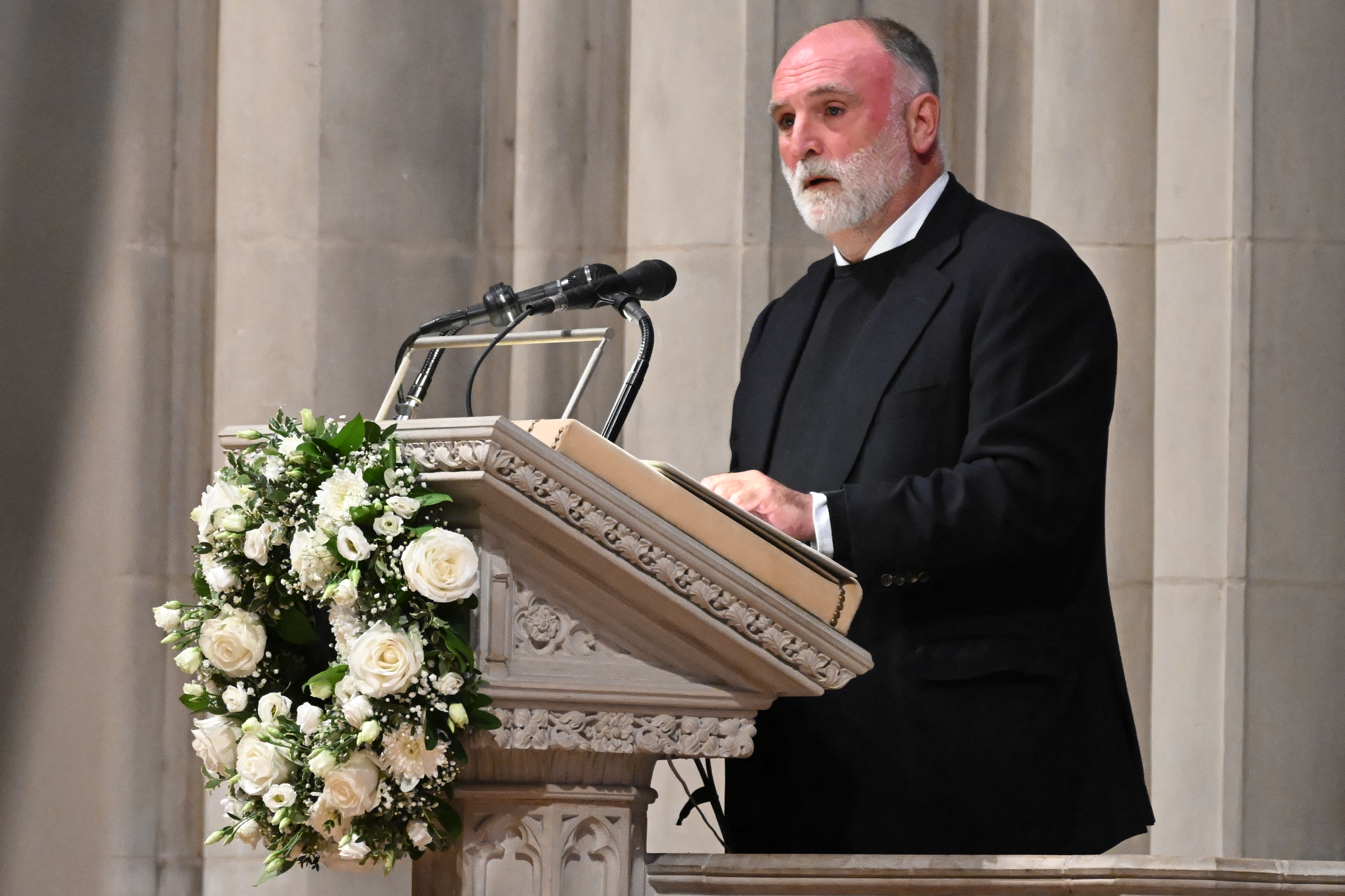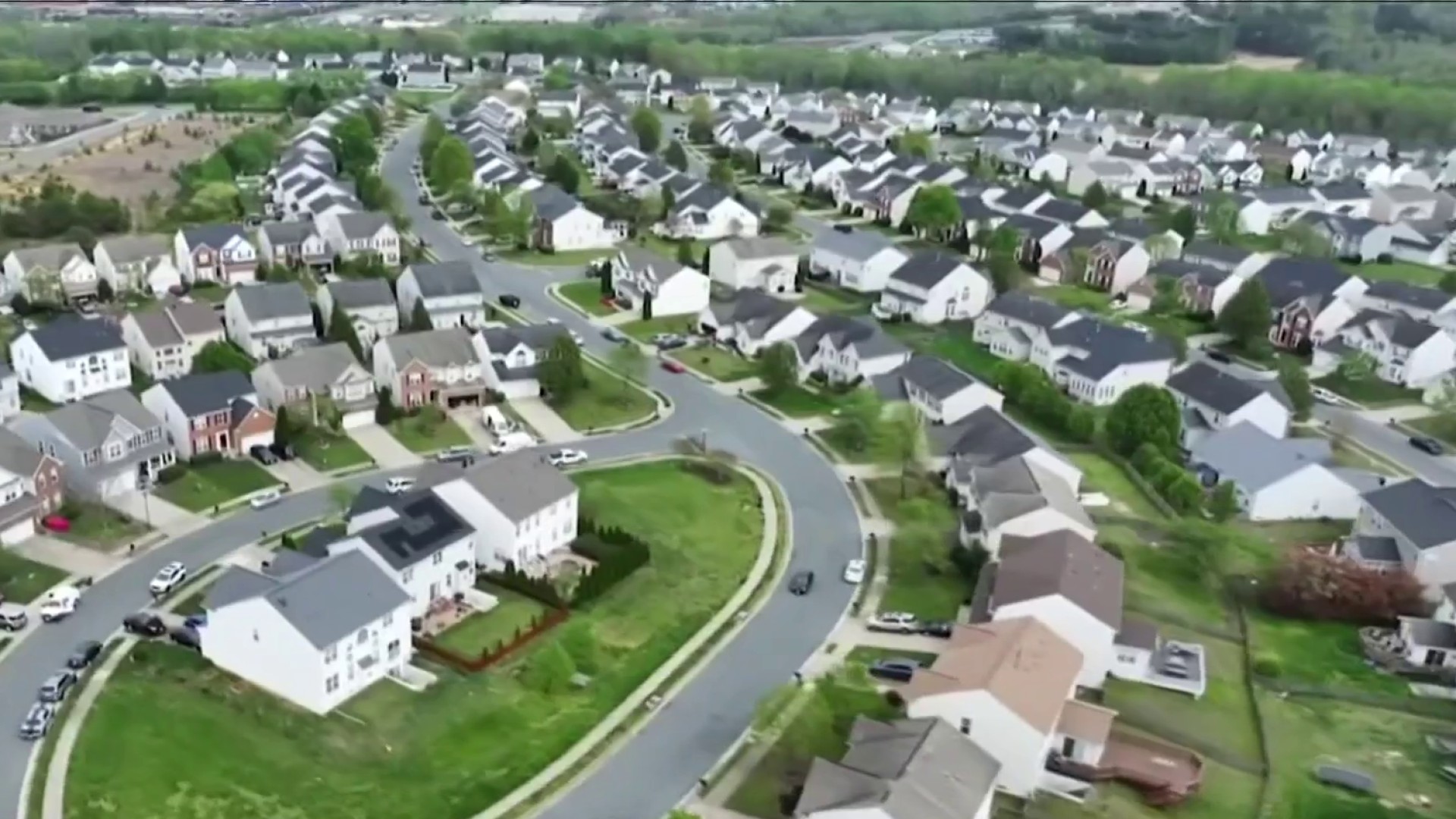
It started as a joke. Best friends and out-of-work exotic dancers Joy Mason and Iyana Hall said they would stage a protest to reopen Baltimore’s adult entertainment venues.
But one thing led to another. They drafted a flier and sent it around to people they knew. Seemingly within minutes, word had gotten around to hundreds of employees of the city’s various clubs. Online, they heard from strip club performers as far as Texas and Miami.
Outside City Hall, Mason, 26, and Hall, 21, stood with a handful of fellow dancers and others employed by the industry, which Mayor Brandon Scott closed in December amid rising coronavirus cases. But, as COVID-19 cases have eased up and the city has loosened restrictions on live performances at other venues, adult entertainment has remained off-limits.
The commotion was enough to drown out another news conference scheduled nearby by the Baltimore branch of the NAACP.
We're making it easier for you to find stories that matter with our new newsletter — The 4Front. Sign up here and get news that is important for you to your inbox.
Hall clutched a hot pink megaphone in her hand. “Come outside, Mr. Mayor,” she said. “We just wanna have a talkie talk.”
It’s a scene that’s played out in various forms across the U.S. for the past year as workers, business owners, college professors and parents of school children, have demonstrated for stores, restaurants and schools to reopen — or in some cases, remain shut.
Debates about whether to remain open or closed have become particularly salient in Baltimore, where coronavirus restrictions have been harsher than in other parts of the state. More recently, restaurant owners expressed frustration bordering at times on rage with the city’s closure of their businesses. One Maryland trade group sued the city of Baltimore, charging that the restrictions that kept them shut were unfair.
Local
Washington, D.C., Maryland and Virginia local news, events and information
Andrew Alley, owner of the city’s Penthouse Club, called Scott’s refusal to lift restrictions on adult entertainment venues “a punishing slap on our faces.” Some of his employees have taken jobs in neighboring Baltimore County, where clubs can operate at 50% capacity. While Scott most recently permitted concerts and other live performances, “They’ve singled out adult entertainment,” Alley said. “I don’t know why.”
Since last month, Alley’s club has been allowed to operate as a bar only, an arrangement he says is “like saying McDonald’s can open, but you can only sell coffee.”
Barred from the stage, dancers like Nikki Derosa, a 10-year veteran of the industry, sits and chats with guests — an awkward arrangement.
“We have to practically beg customers for tips,” she said.
It’s not just strip club dancers and owners who are affected, said Fantasies owner Cal Brockdorff, who came to the protest Wednesday. His Curtis Bay nightclub employs more than 100 people, including cooks, bouncers and managers. Amid the shutdowns, his staff has been out of work for nearly a year.
The money isn’t enough to cover rent and other expenses for her and her child. While out of work, she briefly took a job as a bartender in Fells Point, but said: “I was more scared of getting COVID there. People are shoulder to shoulder.”
Mayoral spokeswoman Stefanie Mavronis said that adult venues like strip clubs pose unique challenges to social distancing. Baltimore health officials responding to queries from club owners have cited recommendations from The Centers for Disease Control and Prevention, urging restrictions on activities that bring people into close contact for prolonged periods, are difficult to do while wearing face coverings or that take place indoors.
In an emailed statement, Mavronis wrote that: “The Mayor and Health Commissioner have committed to reviewing the data in conjunction with our hospital partners over this 4-week period and making a determination about when it is appropriate to further ease restrictions, as they have throughout this pandemic.”
Business owners like Alley say they have taken great care to follow COVID-19 protocols. Staff take temperatures at the door. All dancers wear face masks.
Kayla Martinez, a 25-year-old dancer at Fantasies Night Club and Sports Bar, compared it to wearing a mask at the gym — a little cumbersome, but worth it if it means she can be back onstage. With clubs shut down for live performances, Martinez says she went back to her old job at FedEx to make ends meet. She drove down from her home in York, Pennsylvania, after working the overnight shift to make it in time for the protest.
As a dancer, she said, “I could work two nights a week and be home with my kids.” Her schedule at FedEx is much more grueling as she tries to juggle work and virtual learning. With clubs shuttered, many of Martinez’s peers have turned to websites like OnlyFans where they post explicit videos and interact with subscribers. Others chat up clients and ask them for money.
It’s not just strip club dancers and owners who are affected, said Fantasies owner Cal Brockdorff, who came to the protest Wednesday. His Curtis Bay nightclub employs more than 100 people, including cooks, bouncers and managers. Amid the shutdowns, his staff has been out of work for nearly a year.
Nearby, Mason, carried a poster with a cartoon drawing of the mayor. “Open the clubs Shortie!” it said, a nod to an exchange between Scott and a local activist that went viral last month.
“She’s such a Picasso,” Hall said.
The two have been friends for two years, ever since Hall first walked into her job at Ritz Cabaret in Fells Point and where Mason already worked. Previously, Hall worked at Subway, a job that paid about $80 every two weeks. At the club, she quadrupled her salary. “Ritz helped me pay my bills,” she said. Now, she’s struggling to cover her tuition payments at Morgan State University, where she studies health care administration.
Before becoming a stripper, Yasmin McFarland, who works at Baltimore’s Goddess Gentlemen’s Club, said she struggled with low self-esteem and depression. She felt unattractive a lot of the time. A Black woman, she felt the deep sting of racism.
The unconventional career has built her confidence, making her feel part of a club of strong, gorgeous women. “Pole dancing is very, very difficult to do,” she said. “You’ve just gotta be strong all over.”
It also takes mental toughness and the ability to size up an audience. “I’ve seen girls — they couldn’t even last a month,” she said. “You don’t just walk on stage for a song or two and then expect money to be poured all over you,” she said.
That savvy was on display Wednesday.
At the same time the performers’ rally was happening, lawyers and allies of Baltimore State’s Attorney Marilyn Mosby happened to schedule a news conference and invite TV crews. They were to offer up their concerns with the office of Baltimore’s inspector general after a report on Mosby’s travel and business dealings.
They set out a podium and microphones. The women chanted louder.
“Who are we? Strippers! … What do we want? Our jobs back!”
When attorney J. Wyndal Gordon began to speak, the women moved behind him into view of the news cameras.
The gatherings faced off, an “only in Baltimore” scene. Strip club dancers versus lawyers in suits. Soon photos and videos spread online, encouraging hometown affection.
“Never change, Charm City!”
“As you can see there’s a very important picket going on behind us,” Gordon said, as the women chanted on. “I apologize… we’re going to defer to these good citizens.”
The lawyers left; the dancers claimed victory.



